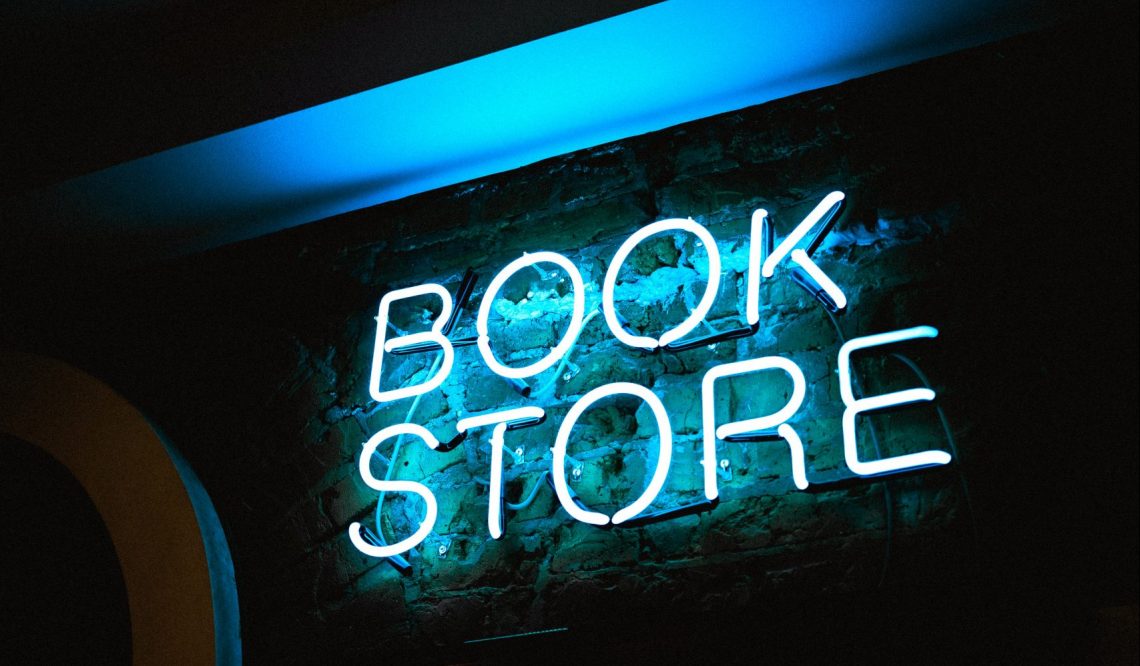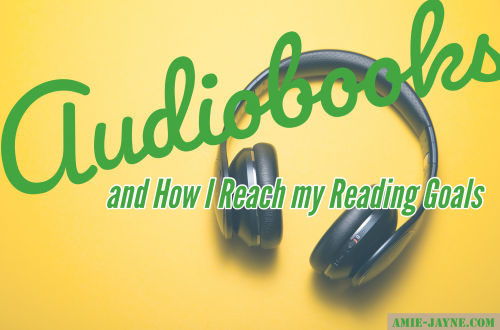
The Current Responsibility of the Avid Reader
If you are interested in what it means to be an avid reader, take a look at the post What Avid Readers Do Differently by one of my reading icons, Anne Bogel (aka Modern Mrs Darcy).
The reason I am directing this post at avid readers is that we set the trends in the book industry. We are the ones who go to bookstores. We are the ones who buy books (maybe too many). We are the ones who impact the book industry through our reading choices.
I am not the first person, nor the last, to broach the topic of the reader’s responsibility in the current climate. However, I still want to give my perspective on the issue.
Towards the middle of June, there was a trend known as #blackoutbestseller. Readers were encouraged to purchase two books by black authors in order to impact the bestseller list the following Sunday. With the help of my best friend and reading buddy, we chose two books by black authors and bought them on Kindle for the sake of joining the movement.
I explained to my parents a few days later which books I had chosen and why. My dad made a comment that he wants to read books that he likes, he doesn’t really care what colour or gender the person writing has or what colour or gender the protagonist is.
In the current climate, this is not a popular opinion. We are all being encouraged to actively pursue BIPOC (Black Indigenous People of Colour) books. Why are we being encouraged to do this? Because the majority of books are written by white authors. And those which are published by BIPOC authors are often not marketed as well as those of white authors, and BIPOC authors generally receive less pay for their work.
As one article put it, “If you remain committed to ‘just reading good books’, ‘not paying attention to author race’ or any other version of colourblind reading, you will read white books, by white authors, published by white editors and white agents and promoted by white marketing teams”.
This is the reality of the world we live in. This is the reality of the publishing industry.
However, I do not believe my dad is wrong. My dad enjoys reading; he does it for the sake of relaxing and escapism. He goes to the bookstore, sees the books on display, thinks they look interesting and so he buys them.
I read very differently. I know who the authors I am reading are, what is currently on the bestseller lists, what is being widely consumed by general readers, what is going on in the publishing world, what authors are currently in the hot-seat for bad decisions, etc. I know this because I am an avid reader who spends as much time (honestly perhaps even more time) reading about books as I do actually reading books.
As a result, I have the responsibility to be purposeful in my reading and buying habits. Why do I have this responsibility? So that when my dad goes into the bookstore, he will be more likely to pick up a book by a BIPOC author.
If we as avid-readers choose to be purposeful in the way we choose the books we read, it will influence the bestseller lists, the books put on display, and the publishing industry in general. Which will mean that other people who are just looking to read for enjoyment purposes will be more likely to read a book by a BIPOC author because these will be more readily available to the general reader.
As a final thought, this in particular aimed at my readers of Christian non-fiction, how much theological content are you reading by females and BIPOC authors? It is probably not nearly as much as it should be. As a woman who desires to pursue the academic field in theology, I am fully aware that it will be harder for me as a woman to be recognised as an author worth reading by general consumers of theological material. I also am aware that it is difficult to find widely read theological material by BIPOC authors.
If you are passionate about reading, I urge you to consider being more purposeful in your reading and purchasing choices. Not because any of us is better than another but because “there is neither Jew nor Greek, slave nor free, male nor female, for you are all one in Christ Jesus”. Christ sees us as equal and when we make these decisions, we allow for the opportunity to be more equal.




